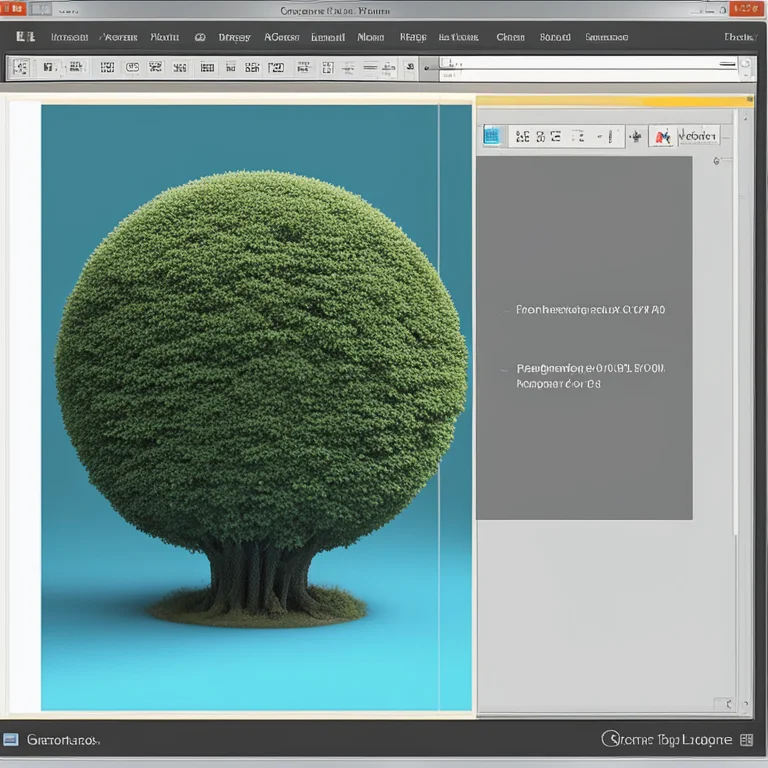
Calm in the Storm: Mindful Meditations for Anger
Explore how mindfulness meditation can be an effective tool for managing anger and finding inner peace through purposeful practice.
article by Hina Kurosawa
An Introduction to Mindfulness and Anger Management
Mindfulness meditation has long been heralded as a pathway to tranquility and emotional regulation. In our fast-paced world, the emotion of anger can quickly escalate, often leading to stress, conflict, and even health problems. However, through mindfulness meditation—a practice rooted in ancient tradition yet supported by modern psychology—we can learn to navigate our anger with greater control and understanding. Engaging in this practice can provide the tools needed to respond to life's provocations with composure and resilience. As we move into 2024, there is a growing body of evidence indicating that mindfulness is more than a trend; it is a vital component of mental wellness.

Breathing: The Foundation of Mindful Meditation
The journey to managing anger mindfully begins with the breath. It's a simple yet profound tool at our disposal at any moment. Deep, rhythmic breathing serves as the anchor for mindfulness meditation, bringing one's attention to the present and away from the tumult of angry thoughts. By focusing on the sensation of air entering and exiting the body, we create a space of awareness that allows anger to subside, giving way to a state of calm. Each inhalation and exhalation offers a chance to release tension, helping to cool the fires of immediate emotional responses.

Acknowledging and Accepting Emotions
An essential facet of mindfulness is the acknowledgment and acceptance of one's feelings without judgment. Recognizing that anger is simply an emotional response—neither good nor bad—facilitates a healthier approach to dealing with it. Rather than suppressing or acting out in anger, mindfulness meditation encourages examining this emotion closely, understanding its triggers, and learning from it. Through observation and acceptance, we can uncover the underlying causes of our anger and begin to address these issues constructively.

Practicing the Pause
Mindfulness meditation teaches the art of the pause—a deliberate halt in the heat of an angry moment. It's a conscious decision to step back, observe the rising tide of anger, and choose not to let it dictate one's actions. This practice promotes thoughtful reflection and the consideration of potential consequences before responding. Cultivating such a pause can enhance personal relationships, reduce regrets, and increase one's sense of empowerment in managing difficult emotions.

Meditation Techniques for Anger Release
There are several meditation techniques specifically tailored toward releasing anger. One technique is the "body scan," where focus is moved progressively through different parts of the body to identify and relax any physical manifestations of anger. Another is "loving-kindness meditation," where individuals focus on sending feelings of love and kindness to themselves and others, transforming negative emotions. Moreover, guided visualizations can also transport the mind to serene settings, assisting in the dissipation of anger.
Integrating Mindfulness Into Daily Life
For mindfulness to be truly effective in anger management, it must extend beyond structured meditation sessions and into everyday life. It's about cultivating an ongoing awareness of our thoughts, emotions, and reactions. This continuous practice can improve emotional intelligence and reduce the frequency and intensity of anger episodes. Strategies such as mindful walking, conscious eating, and attentive listening can serve as gateways to a more mindful existence.
Concluding Thoughts
Mindfulness meditation is not a quick fix but a transformative practice that evolves and deepens over time. It holds the promise of not just managing anger but fostering a holistic sense of well-being. As we continue to embrace this practice in 2024 and beyond, we can envision a future in which inner peace is within reach, and anger is no longer a controlling force in our lives. With dedication and patience, we can harness the power of mindfulness to live more harmoniously.
Published: 1/9/2024
Modified: 1/9/2024
More predictions
Come back here soon to learn more about yourself and your future


The Brain's Transformation Through Meditation
Delve into the profound effects of meditation on brain structure and function, and how it influences cognitive abilities and emotional well-being.


Mindfulness Meditation for Young Students
Mindfulness meditation practices tailored for first graders to foster attention, calmness, and emotional regulation.


Eyes-Open Meditation: A Journey Within
Discover how meditating with eyes open offers a unique path to mindfulness, blending ancient wisdom with present-moment awareness.